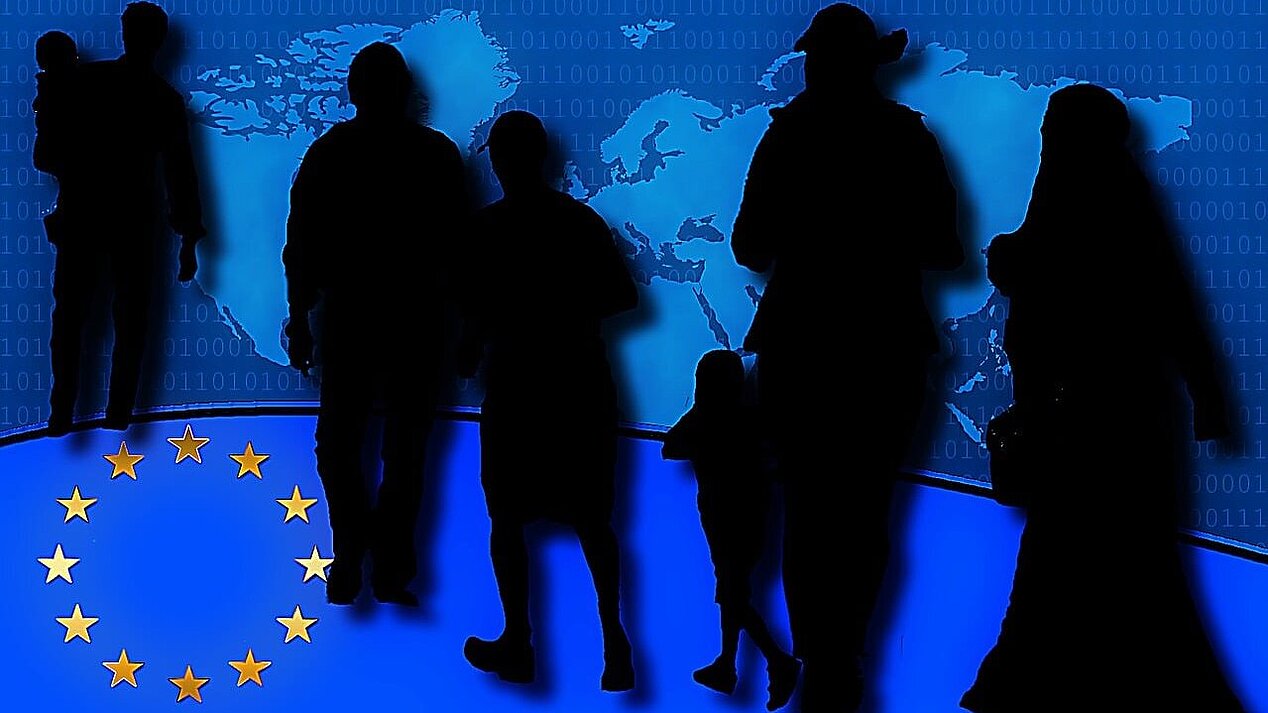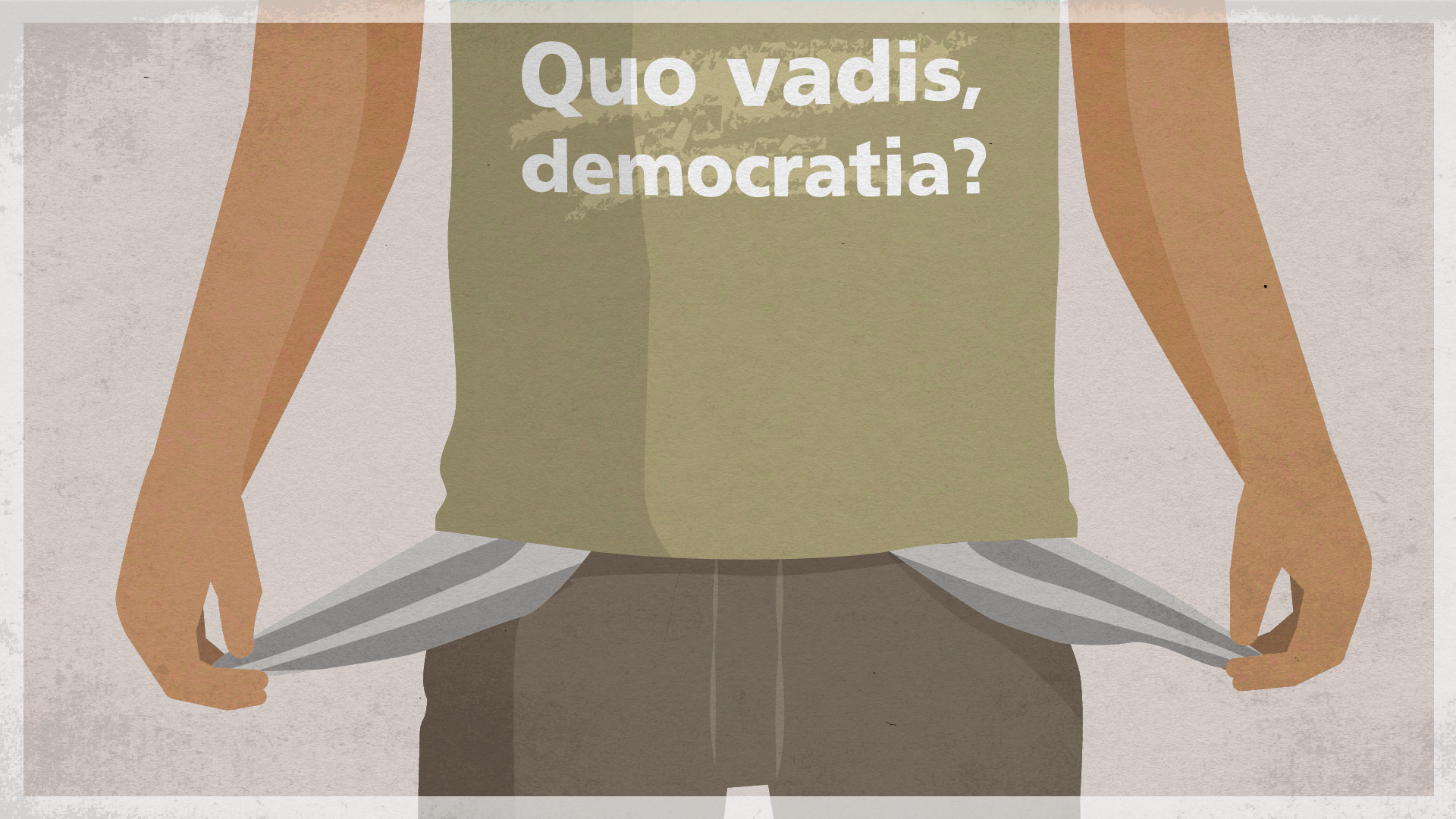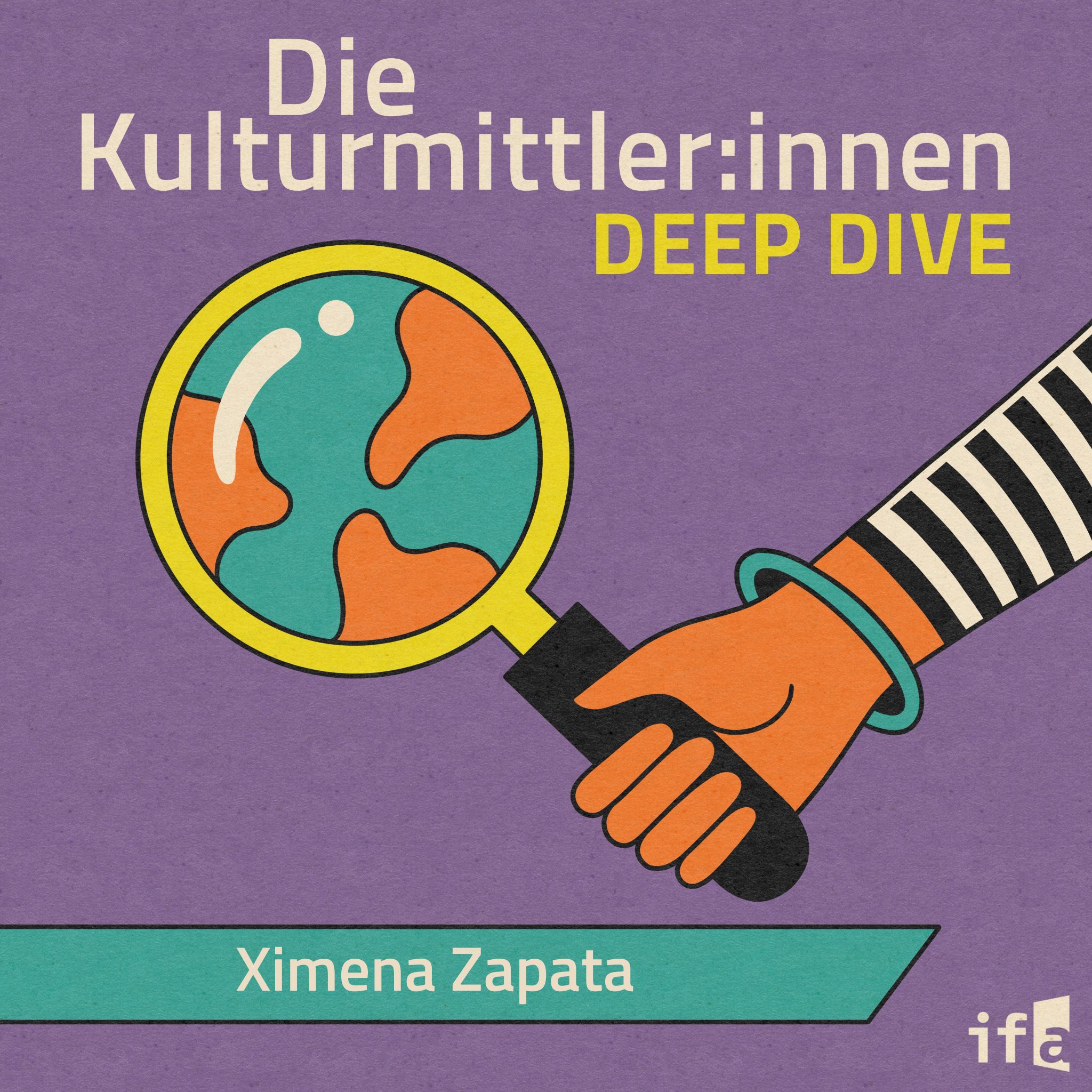Du Fu’s exile, Dante’s exile, and my own, comparatively modest, exile are all part of the same syntax: using a poem to convey extreme human suffering through extreme creative beauty.
The people of modern-day China need to learn from the relics of their past culture. If they are to breathe fresh life into Chinese culture they have to learn to push the boundaries, as this is where the opportunities and fountains of rebirth will be found. And it is to be hoped that the high price that China has paid will be worth it in the end.
In the ‘brave new world’ it is no longer enough for cultures to simply stretch as far as their historical and geographical conditions permit. Today it is necessary to have an active capacity for understanding another culture. I believe the driving force behind this understanding should not be curiosity, but the knowledge of one’s own needs in times of crisis.
The people of modern-day China need to learn from the relics of their past culture.
If it is true that China has still not emerged from the bloody shadows of Mao Zedong and the ineptitude of its nouveau riche has inevitably led to the country acting like a clown on the international stage, then it would be an absolute tragedy if Europe were to be pressurised by money to give up its own ways of thinking and get embroiled in this egotistical and cynical competition. As long as all the talk of human rights and democracy is nothing more than political correctness and is totally divorced from concrete actions, then we are facing a very sad reality. These empty phrases hide a yawning chasm which represents perhaps the biggest crisis of human civilisation.
Of course history has always also been a history of lies, but I have the impression that the liars have become even more cynical in their desire for profits and a fast buck. They not only feel no remorse about lying, they actually think it’s quite normal. Their logic is simple – if I don’t make a profit then someone else will. If we take the example of foreign firms who have invested in China, it is clear that they are profiting from the fact that China has cheap labour with no social security benefits, no union representation and no right to strike. It would be something of an exaggeration to talk about double standards here, because in truth there is only one standard – ruthless competition.
These empty phrases hide a yawning chasm which represents perhaps the biggest crisis of human civilisation.
In this respect, China has become a symbol of the crisis in international thinking which is much more serious than the economic crisis. Nowadays, everyone feels they are simply at its mercy. We stand and watch the decline without being able to do anything about it. It is not hard to recognise the extent of the problem, and one thing we can be sure of is that it is neither superficial nor temporary.
It breeds anger and hate, as has been shown all too clearly in the shootings carried out by Andres Brevik on the Norwegian island of Ytteroy and in the Molotov cocktails thrown by black children in the Tottenham area of London. If lies and profits mean that everything else is mere window-dressing (including most of what is considered to be art), then what is the point of our existence? And is there any point to literature?










